Undergraduate physiotherapy students spend most of their time learning about the basic and clinical sciences. This has a certain pragmatic appeal, but a person is more than an assemblage of body parts. Our students learn anatomy and biomechanics – the idea of bodies as machines – and then explore what can be done to those bodies in order to «fix» them. Universities pay lip service to the idea that patients require holistic management. But not much in the curriculum signals to students that it really matters.
Research has confirmed what seems intuitively true to many: empathy is critical in developing medical students’ professionalism. The humanities, and particularly literature, are considered effective tools for increasing students’ empathy. There is also some evidence that health professionals who are trained in the humanities and liberal arts are better at caring for themselves and their patients.
In addition, a relationship between emotion and learning has been well established, with findings from multiple domains supporting the idea that emotion is intimately intertwined with cognition, serving to guide learning, behaviour and decision making. This suggests that introducing concepts from the humanities when educating health professionals can do two important things: develop students’ emotional responses and their empathy; and simultaneously improve their overall learning.
Examples from other disciplines
The medical disciplines have started to embrace the role that the humanities and the arts can play in developing empathy in their graduates. In the US, Johns Hopkins Medical School has a department of art as applied to medicine and Stanford School of Medicine has a programme for medical humanities and the arts. These are two of the world’s top medical schools. Elsewhere in the world, South Africa’s University of Cape Town’s medical school chose the theme «Medicine and the Arts» for its first ever Massive Open Online Course.
In an editorial explaining Stanford’s stance, the medical school’s dean, Lloyd B Minor, wrote:
The specificity of scientific interventions does not account for the messiness of human life … We as physicians heal best when we listen to and communicate with our patients and seek to understand the challenges they face in their lives. The perspectives on illness, emotions and the human condition we gain from literature, religion and philosophy provide us with important contexts for fulfilling these roles and responsibilities.
Physiotherapy lags behind
There is little evidence that physiotherapy and other health professions are following these medical schools’ innovative approaches in undergraduate education. Some physiotherapy researchers have explored how concepts from the humanities could be integrated into clinical practice. But this has tended to focus on the impact on professional practice among qualified therapists, rather than on students and their learning.
The reasons for this are unclear, though several factors may be at play. Physiotherapy is conservative by its nature and tends to privilege positivist methods in general. It favours quantitative measurements of progress as the standard against which impact is measured. Our students are taught how to address physical impairments in a patient’s anatomy and biomechanics, using joint range of motion, strength and fitness as indicators. This is important but also tends to sideline approaches that are more interpretive in nature. For example, it’s good to know how to treat back pain from a purely physiological point of view – but it’s also important to know how to respond to a patient who believes his or her pain is the result of witchcraft.
These differences in perspective may be what limits the potential for the humanities to have much impact on curriculum change from the point of view of the clinical therapist. My own teaching experience, though, suggests that physiotherapy students benefit hugely from practices and ideas that are influenced by the humanities.
Putting theory to the test
About three years ago, as an experiment, I started applying some of these ideas in the professional ethics module I teach at a South African university. Initially the module’s emphasis was on human rights, but I started foregrounding empathy and the development of empathy instead.
Over the past few years my students have explored the humanities – art, literature, theatre, music and dance – in their assignments for this module. This has helped them to develop a sense of awareness of empathy in the context of clinical education.
Students can interpret the assignment in any way they want as long as they integrate concepts from the ethics module with their own experiences in clinical practice. They must also express their work through «creative» means: they write poems, draw pictures or cartoons, film video diaries or re-interpret popular songs. Two of my students have even filmed themselves using interpretive dance to try and embody what it might be like to live with a disability. Others have completed PhotoVoice assignments (such as the image below). Here, they photograph people in community or clinical contexts, and then reflect on how those experiences and interactions informed their personal and professional development as ethical practitioners.
Students’ response
Many students were initially worried about the assignments, telling me they were «not creative» and would prefer to write an essay. I suspect that they were simply feeding off my own hesitation in the early days. Now that I provide literature to support the assignment design, give examples from previous students and am fully committed to the process, far fewer students express these concerns.
They are also starting to open up in much more interesting ways. They draw from their own very deep emotions and personal experiences, and are more willing to share and discuss their work in class.
Building empathy
Creativity does not naturally decrease over time. Instead, higher education systems place less and less emphasis on creative expression as students move through the system. If universities want to graduate physiotherapists who have an increased awareness of patient suffering, and an associated empathic response, maybe the key is to provide them with learning tasks that encourage their creative expression through humanities and the arts.
This article was adapted from a post that first appeared on the author’s own blog.
(*) Profesor titular de Fisioterapia de la Universidad de Western Cape
Fuente de la noticia: https://theconversation.com/physiotherapy-students-have-much-to-learn-from-the-humanities-56160
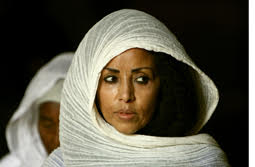

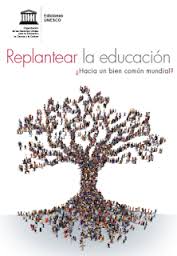

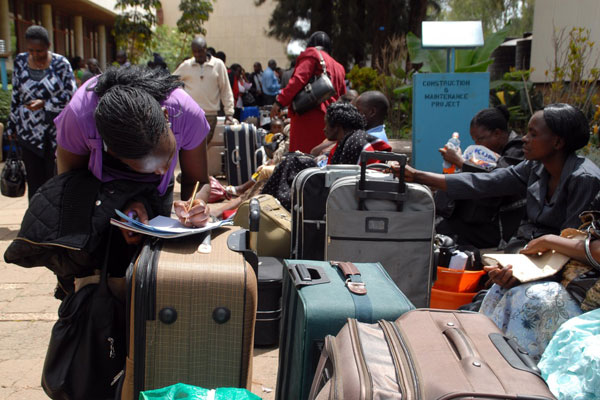
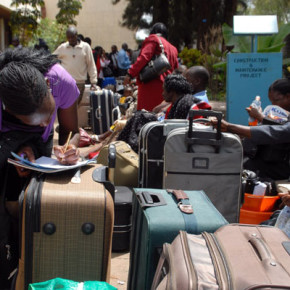
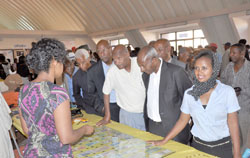







 Users Today : 86
Users Today : 86 Total Users : 35460103
Total Users : 35460103 Views Today : 107
Views Today : 107 Total views : 3418738
Total views : 3418738